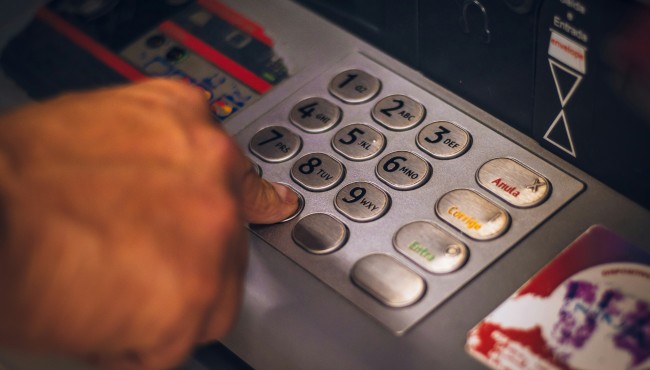
This question may seem incoherent as a bank account is required to manage the financial flows of any activity, let alone professional.
However, we can reformulate it this way: can we use a personal bank account for a professional activity?
Taking a closer look, it’s possible to avoid a professional bank account. You should pay attention to the following details.
WHAT IS THE DIFFERENCE BETWEEN A PROFESSIONAL ACCOUNT AND A PERSONAL ACCOUNT?
We cannot deny the fact that opening a bank account dedicated to your professional activity is a good management practice, just to be able to separate your personal belongings and those of your company.
With this being said, you should bear in mind that while a business account does not differ from a personal account in the way they operate, there can be significant rates differences. You may start to welcome quarterly maintenance costs, transfer charges, subscription to the website and to the business card, and all the small supplementary costs that will increase the funds of your dear banker. In a traditional establishment, and even without any flow, you can find about thirty euros of accumulated costs each month.
AN OPPORTUNITY OPEN TO INDIVIDUAL ENTREPRENEURS
Founders of individual enterprises, micro-enterprises, or limited liability unipersonal enterprises (EIRL in France), aren’t obligated to open a professional bank account. In other words, they have the opportunity to have just a personal bank account. All you have to do is making an explicit request to your banker.
AND FOR COMPANIES?
The deposit of the totality or part of the capital of a company is a founding act concerning all the parties involved, whether they’re associated or shareholders. The certificate stating the deposited funds is indeed a piece to include compulsorily in the file of the company creation when registering it in the Commercial Court. Without this certificate, you can’t get a ‘K-Bis’ number.
In any case, it is possible to deposit your capital in the presence of a notary or the state bank for official deposits (known in France as “Caisse des Depots et Consignations” or CDC), as you can read in our article "Where to deposit your capital?"
However, you can only take back the funds from the notary or the CDC by providing them with the IBAN of the bank account created in the name of your company. The bank will orientate you towards the creation of a professional account.
HOW ABOUT REAL ESTATE COMPANIES? NEGOTIATE!
You have created a real estate company (commonly known as “SCI” in France) to manage your properties? If you can’t bypass the aforementioned capital deposit procedure, you can still negotiate an account opening involving individual account fares with your banker. If this is your case, it’s possible to argue that your “SCI” is patrimonial, exempt of corporate taxes, and enjoys fiscal transparency. Some banks will agree to do it.
CONCLUSION
Having explained this, as surprising as it may seem, you should know that the French law doesn’t impose any mandatory bank account to companies, neither does it forbid closing the company bank account. The law is thus rather incentive by giving the right to a bank account.